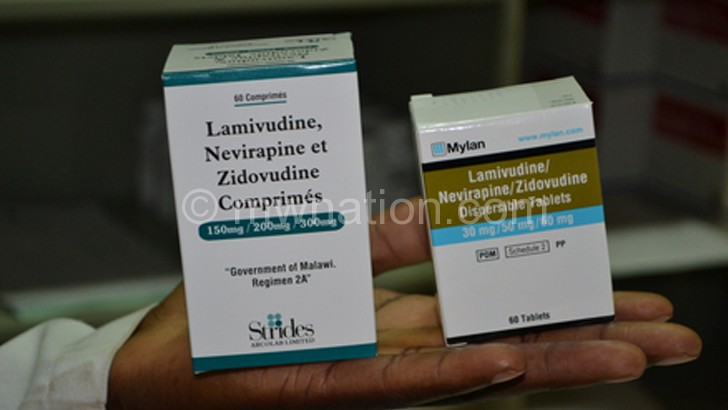Mangochi food crisis to fuel ART defaults
Food shortage in the areas of traditional authorities (T/As) Bwananyambi, Namabvi, Mponda and Chimwala in Mangochi is likely to lead to reduced intake of anti-retroviral drugs (ARVs) as people living with HIV need enough food for the treatment to work well.
The observation was made by District Coordinator for Mangochi National Association for People Living with HIV and Aids in Malawi (Napham), Roe Zenengeya, on Thursday during a media briefing organised to share the successes and challenges the association has made since mid April.
With funding from Oxfam, Napham is implementing a project called ‘Positive Action for Equitable Access to Better Services for People Living with HIV/Aids and Orphans and Vulnerable Children’ to improve access to treatment, care and support for people living with HIV and Aids in Malawi by 2017.
“Our assessment in the areas mentioned above, where we are implementing our work, is that heavy floods and prolonged dry spells that hit the district led to low yields. This will in turn force those living with HIV to stop taking ARV drugs because they cannot take the drugs on an empty stomach,” said Zenengeya.
He said the situation could defeat government’s 90-90-90 target aimed at ending the HIV and Aids epidemic by 2030.
“To avert this, we implore government and other stakeholders to come in fast with relief food so that we do not have ART defaulters due to lack of food,” he urged.
Apart from shortage of food, Napham discovered that long distances that people take to access ARVs, poorly stocked health infrastructure, lack of respect for patients’ rights by rude health workers, stigma and discrimination are some of the problem Napham want curbed.





